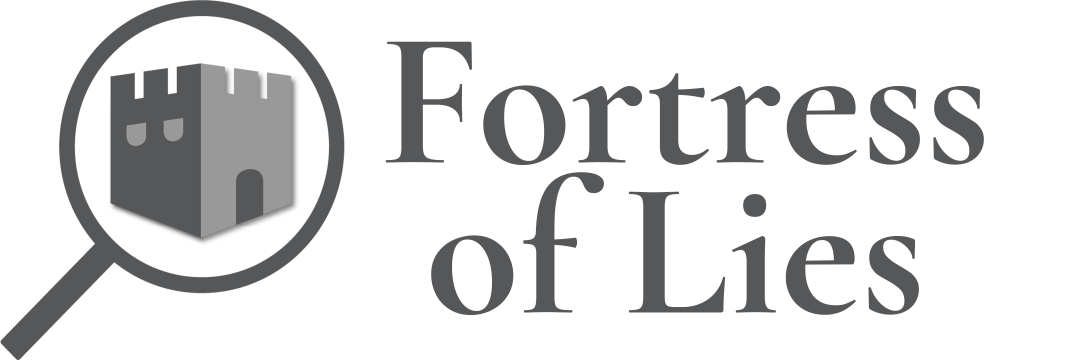
is that the one with 10 days per week
3 extra days for extra extracutions
actually the Revolutionary Calendar was pre the great terror, I studied it in preparation for a history interview (it never came up but it was interesting enough anyway)
arete how close is the next holiday?
the notion was to secularise the calendar, so it moved away from 7 (unreasonable number) to 10 (very reasonable number). French calendars before the revolution were generally calendars of saints, with one saint assigned to each day. in order to keep the name for each day thing, they assigned things for each day to be named after based on a surpriisngly consistent system
So the french calendar after the french revolution had weeks with 10 days instead of 7?
Nailed it
ten days a week, exactly three weeks a month. the remaining days were filled by holidays that lay outside the typical order of days and months, and were essentially their own thing
for leap years there was the Festival of The Revolution, but the usual five were thus:
- The Festival of Virtue
- The Festival of Talent
- The Festival of Labour
- The Festival of Opinions
- The Festival of Honors
the funniest one is the fourth one, which was a proposed holiday where the premise is that the government would organise the ability for anyone to make speeches making fun of them
Monday Tuesday Wednesday Thursday Saturday Sunday Chewsday Wenzday Rainday
Yes, some week names are weird. And here in the romance world we call these days after gods.
well, of course, in order to make the week more rational, the days of the week were instead:
- primidi
- duodi
- tridi
- quartidi
- quintidi
- sextidi
- septidi
- octidi
- nonidi
- decadi
to translate, 1st Day, 2nd Day, 3rd Day, etc.
Huh, that does sound more reasonable.
I love that they tried to remove everything about r*ligion. Very based.
…actually, a similar initiative of making the months plain was practiced by some Quakers, I wonder if there’s any connection there? probably not, but the English and French intellectual traditions did interface very commonly
in any case, the Calendar is one of those many interesting artifacts of how various governments attempted to define the way time was measured, a part of the temporal turn in historical study
Also, did you know that the Musketeers were around the french revolution? Yeah, musketeers are a french thing! (Also Spanish and Swedish, but they’re meh).
Also despite them appearing only by having rapiers (which represents status), they’re named musketeers because they have muskets. They were a basic army formation which slowly got prestigious over time.
Musketeers were also used as bodyguards for members of the royal family.
Though they did not do alot during the french revolution due to budget reason from what I could’ve read and well, after the royal family got beheaded, who else is there to protect?
I am wondering, after France lost the battle of 1870 against Prussia and then the communards came to power, what did they do exactly?
And it was very short-lived aswell. I’ve heard it was like the communism we see today before the Soviet Union was even a thing.
well, the Paris Commune only lasted 2 months, so Very Little, as it happens, and most of them weren’t even communists, actually- it was more an alliance of socialists, anarchists, communists and others. their policies were, as it happens, gender equality, separation of church and state, the right of employees to take over a business the owner had abandoned, gender equality, the abolition of child labour, basically a whole bevy of reforms we take for granted nowadays
they were then, of course, brutally crushed, and it took a while before they came back
I thought they were very totalitarianism and authoritarian? Maybe I am mistaken.
Ahhh, totalitarianism
It never goes okay if your country doesn’t start with S and ends with ingapore.
the Paris Commune is important even though it barely did anything because its’ democratic ideals were hugely influential on thinkers such as Karl Marx, who saw it as the principle example of the Dictatorship of the Proletariat- that is to say, nottruly a dictatorship at all
